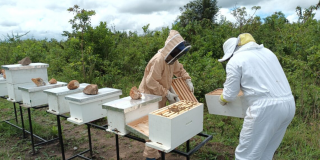
Emeka Enwe, a Finnish citizen, and Dotto Joseph from Tanzania might normally live over 4,000 miles apart from each other, but through VSO’s blended volunteering model, they’ve joined forces. Today, they’re working together on a beekeeping project in Tanzania.
VSO’s blended volunteering model brings international, national, and community volunteers together to foster positive and sustainable change to communities around the world.
Meet Emeka, an entrepreneurial volunteer creating a buzz around beekeeping
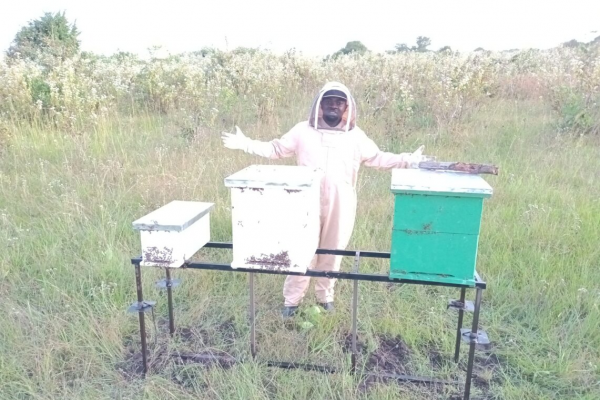
Emeka is of Nigerian descent but possesses dual citizenship, having lived in Finland for the past 15 years. Before his volunteer placement with VSO, he was the co-founder of his own consulting business. This specialised in developing innovative practices to support livelihoods in the agriculture and food security sectors.
However, trapped within the nine-to-five routine, Emeka was feeling disillusioned and in search of something more meaningful.
Emeka has always had a keen desire to support sustainable development goals in Africa. So, when a voluntary placement in Tanzania became available, he jumped at the opportunity. He has since drawn on his consultancy and international business expertise to empower women and young people in Geita, Tanzania, on a beekeeping project.
Meet Dotto, a committed national volunteer mobilising youth and women’s groups
Dotto is from Tanzania and has a wealth of volunteering experience. His VSO volunteer journey began over nine years ago, in 2014, when he worked to improve practices in teaching colleges. In 2015, he was then employed as a full-time teacher at a government school.
In 2019, he returned to VSO as a youth council representative advisor, to help young people realise their potential and build their confidence. Dotto has played an instrumental role in mobilising youth and women’s networks in Tanzania; to date, he’s created 100 networks, empowering 42 women, youth, and people with disabilities groups, representing 4000 members.
A dynamic duo
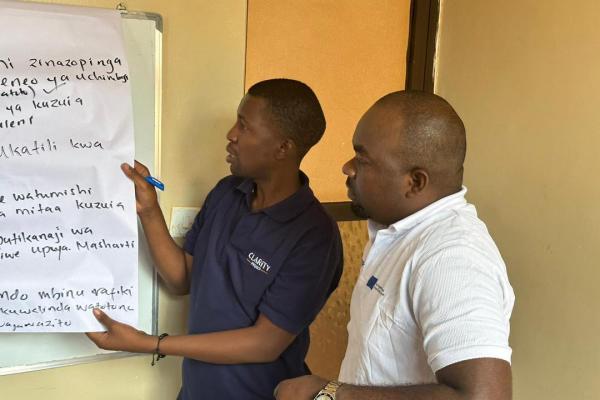
Now, both Dotto and Emeka are harnessing their skills and experience to bring about long-term sustainable change in Geita, Tanzania, through a beekeeping project.
Despite being a resource-rich area and home to an abundance of minerals like gold deposits, poverty in Geita, a city and region in northwestern Tanzania, remains rampant at almost 40%. Women and young people in particular, are often left behind with limited economic prospects as they lack the qualifications to work in the gold mines. For those that do find work, the hours are arduous, the work is backbreaking and child labour is rife.
Furthermore, the extractive industries are destroying the environment, polluting rivers and contributing to deforestation. With mining also fuelling land disputes and posing significant health risks including mercury contamination, local communities are trying to find alternative income streams.
Thanks to VSO volunteers like Dotto and Emeka, women and young people now have a sweeter future.
Dotto was already working with youth groups, training them on resource management and helping them identify economic opportunities in their local communities. One area young people were keen to explore was beekeeping since it’s a profitable and an eco-friendly initiative. Dotto then approached Emeka based on his business acumen and asked him if he wanted to get involved.
Emeka has tapped into his beekeeping skills to teach young people how to produce honey using modern equipment like a smoker, a device used to calm bees. When bees feel endangered, they release a pheromone from a gland close to their stingers.
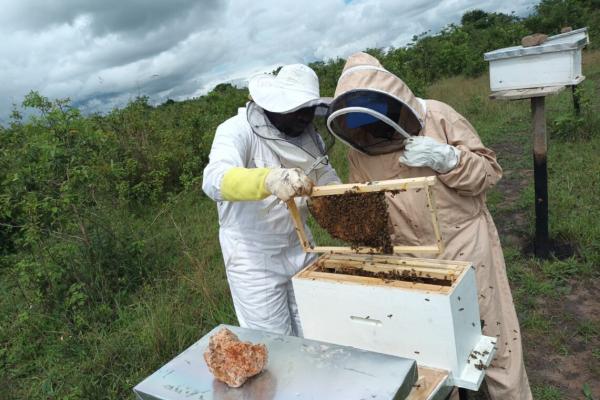
This chemical wafts through the air and alerts other bees to be ready to attack. Smoking a beehive masks this pheromone, keeping the beekeeper safe. Furthermore, he’s introduced them to a hive tool, a multipurpose device used to maintain and inspect bees.
The beekeeping sector in Tanzania has historically been a male-dominated industry. Emeka explains:
In traditional methods, beehives are usually hung up high in the tree and in Tanzanian culture, it isn’t acceptable for a woman to climb a tree.”
However, Emeka has helped change this narrative by training women in beekeeping management and on how to make modern-day beehives which are close to the ground.
While volunteering on this project, both volunteers have learnt so much from each other, expressing admiration for one another.
Emeka praises Dotto for his hard work and dedication to the project:
Even when he’s on holiday, I know I can still call him and get any information from him. For example, once I wanted to contact the leader of the youth group and despite Dotto being off work, he still responded to me. He’s really attentive but also very understanding.”
Meanwhile, Dotto credits Emeka for his excellent relationship-building skills and his desire to learn new things every day.
Beyond borders: reaping the benefits of cross-cultural volunteering
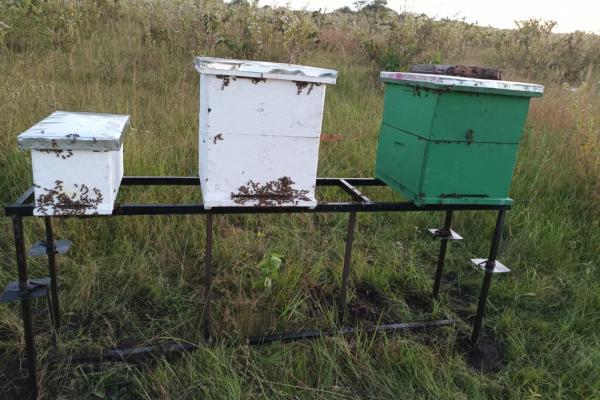
This intercultural volunteering experience has provided a whole host of other benefits.
For both Dotto and Emeka, it has enabled them to hone their language skills. Emeka has added Swahili to his list of languages, while Dotto has improved his English.
Emeka has learnt so much about Tanzanian culture “People here are very accepting. The hospitality is top notch and the environment is peaceful. People are also willing to learn and change their ways.”
Emeka describes how having an international volunteer on the project has improved local advocacy efforts: “There are certain places the locals cannot go themselves, but because I’m an international volunteer, I can walk into any office and ask to see the head of the organisation without feeling nervous.”
Thanks to Emeka’s lobbying skills, he has assisted one of the youth groups in drafting a proposal that they will take to the government forest agency to try and acquire more land for their beekeeping initiative.
For national volunteers like Dotto, they’re also able to gain new technical expertise and grow their professional networks. Emeka has helped local volunteers enhance their CVs to bolster their employability. They can now pass this knowledge on to their friends and family.
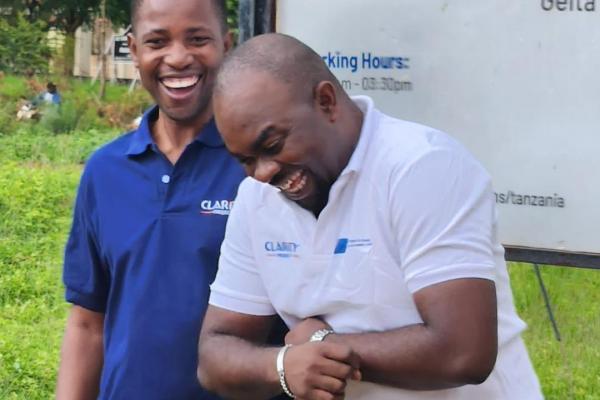
Meanwhile, from national volunteers like Dotto, Emeka has gained insightful information on Tanzanian’s local laws, customs, best practices and the best points of contact. With their help and knowledge of the local language, Emeka has also been able to overcome any language barriers.
The challenges
Although, both Dotto and Emeka have enjoyed their placements, there’s been the occasional difficulty when navigating a different culture. Dotto mentions how Emeka likes to see things happen very quickly, but he prefers to stick to the processes. Emeka agrees that he finds the slower lifestyle tough at times as it’s in stark contrast to the more clock-bound pace of daily life in Finland. He jokes that if you schedule a meeting, don’t expect anyone to turn up until at least an hour later!
Despite the occasional challenge, both Emeka and Dotto recommend volunteering. “I guarantee that it will improve your social and relationship skills, your overall psychological well-being and self-confidence. One of the best ways to make new friends and strengthen existing relationships is to commit to a shared activity together,” says Emeka.
Looking to the future
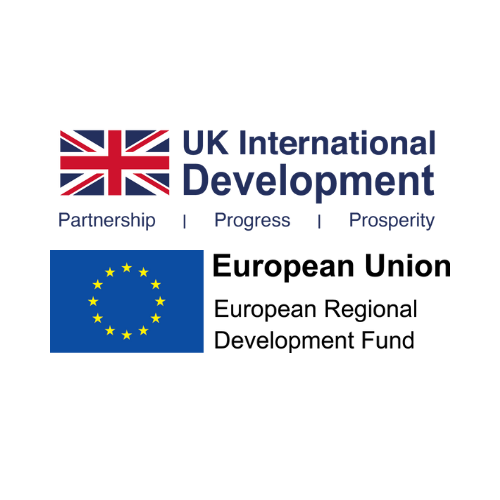
Both Dotto and Emeka have big aspirations for the future. Emeka is keen to expand his network and skills in transitional beekeeping practices. He also wants to provide more technical support to smallholder beekeepers in African nations with limited access to beekeeping management skills, equipment, finance, and reliable markets. He also hopes to return to Tanzania, having fallen in love with the country.
Meanwhile, Dotto wants to engage even more young people and grow the youth networks.
Volunteer with us
Inspired by Emeka and Dotto’s stories? Explore our latest volunteering opportunities to find out how you can use your skills to make a lasting change through volunteering.
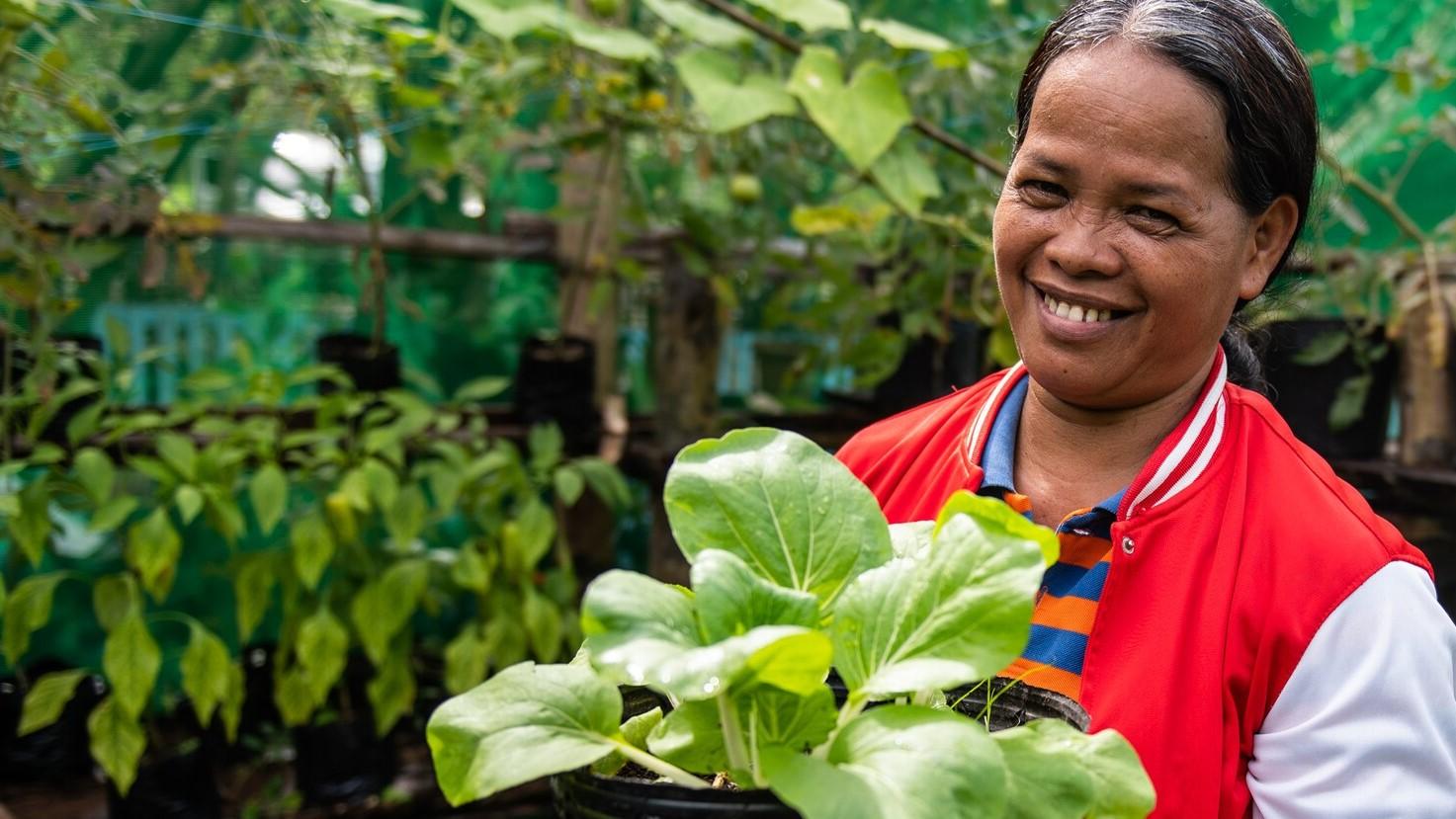
Support us with a donation
Read more
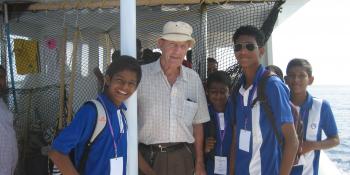
Transforming lives through education: Geoffrey’s VSO legacy
With a deep belief in the transformative power of education, Geoffrey from Norfolk, UK, has devoted his life both in the UK and abroad to making education more accessible for all.
